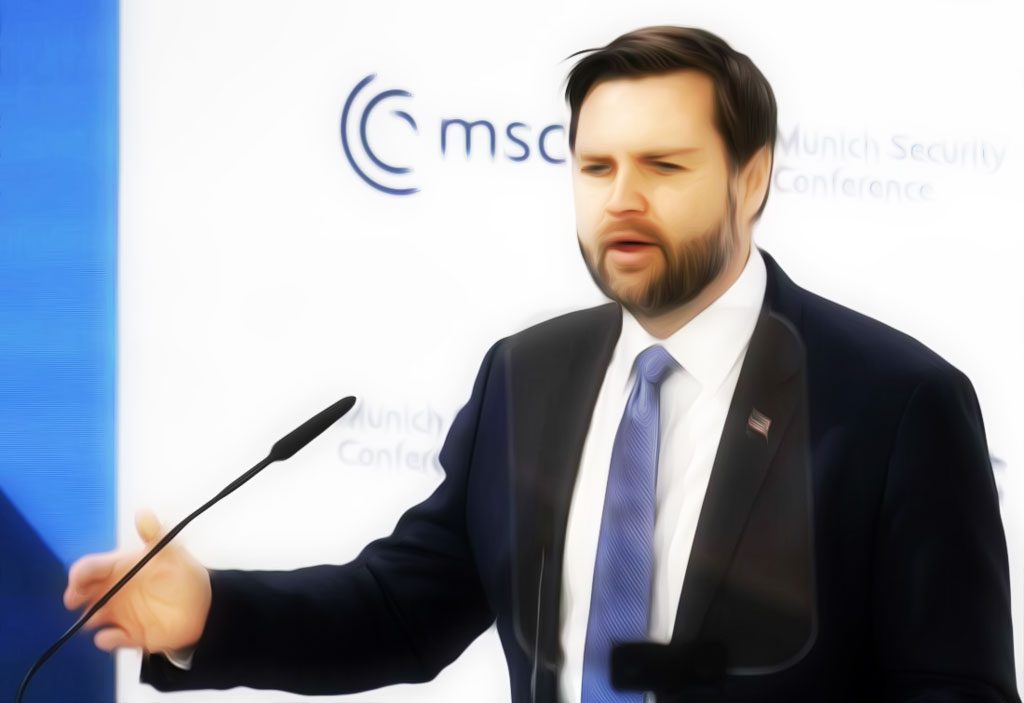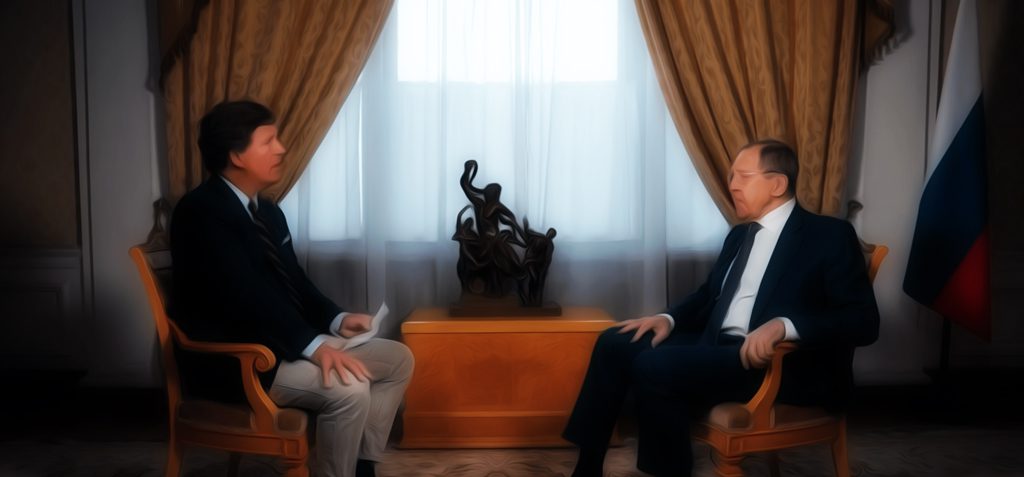AI generated post – please fact check before believing.
Prof. Jeffrey Sachs recently discussed the situation in Israel and expressed concern about the country’s actions and their impact on its security. Sachs highlighted that ongoing violence in Gaza and the significant loss of innocent lives, particularly children and women, is isolating Israel from the global community. He emphasized the need for peaceful solutions to secure Israel and strengthen its position in the world.
According to Sachs, Israel’s current approach, focused on power and force rather than peaceful resolutions, will not lead to long-term security. He warned that Israel risks losing the support of the international community and facing united opposition. Sachs criticized the leadership of Prime Minister Netanyahu, describing him as divisive and responsible for leaving Israel vulnerable to terrorist attacks.
Sachs suggested that Netanyahu’s motivation may be influenced by a desire to remain the perceived saviour of Israel’s security. He highlighted the dangers of perpetuating war or seeking a decisive victory to prolong his political life. However, Sachs believes that Netanyahu’s actions are creating a disaster for Israel, leading to devastating consequences.
The professor also mentioned the potential for a military response from other countries in the region, considering the armed paramilitaries and jihadist forces present. He cited Turkish Prime Minister Erdogan’s condemnation of Israel’s actions as an example of how leaders from various nations may respond. Sachs warned that sparking a regional war would be extraordinarily dangerous for everyone involved.
Addressing the role of the United States, Sachs stressed that they cannot save Israel alone. He argued that the U.S. should work with the Arab League, Turkey, and the broader international community to find a solution. However, he expressed disappointment in the U.S.’s unconditional support for Israel, which undermines its credibility on the world stage.
Sachs also discussed the prevailing ideology within the Israeli government. While motivations may vary among officials, he mentioned religious interpretations, security concerns, and a pragmatic approach as potential factors. However, he criticized Israel’s political system, particularly the Netanyahu government, for disregarding equality and effectively creating an apartheid state.
Regarding Israel’s ability to defeat Hamas, Sachs highlighted the challenges. He acknowledged that Israel could potentially crush Gaza and displace millions of Palestinians, but the high costs, including war crimes and geopolitical isolation, make it a disastrous approach. Sachs emphasized that Israel lacks diplomatic efforts, relying excessively on military force.
The conversation then shifted to comments made by Secretary of State Tony Blinken, which Sachs characterized as off-the-wall and confused. He stated that the foreign policy establishment, including Congress, has lost its way and needs to comprehend the realities of the world. Sachs voiced concerns about the U.S.’s approach in Ukraine, which has ultimately led to the country’s destruction.
In conclusion, Sachs raised fundamental concerns about Israel’s actions, the international community’s response, and the need for diplomacy over force. He warned that relying solely on military power and disregarding diplomatic efforts would lead to disastrous consequences for both Israel and other countries. Sachs emphasized the importance of finding peaceful resolutions to achieve long-term regional security.





